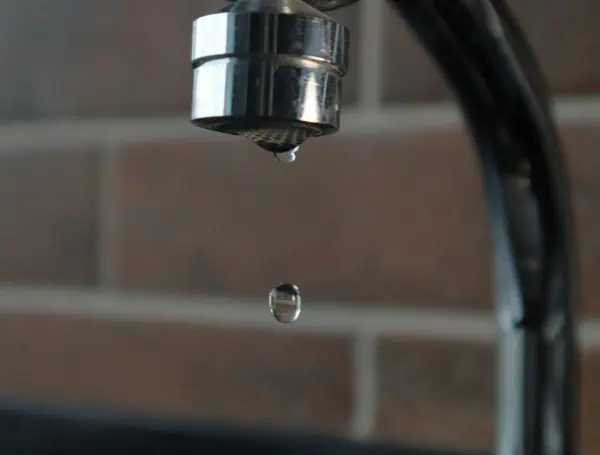There are several chronic or lethal medical issues that affect humans due to hard and chlorinated tap water.
Among them are skin conditions and forms of cancer.
Millions of people in the U.S., including 10% to 20% of babies – suffer from skin ailments -particularly eczema, also known as atopic dermatitis. Others suffer from bladder or colorectal cancers. Few ever attribute their ailments to tap water, although studies indicate they should, whether they drink or shower in hard and chlorinated water.
Doctors don’t often inform their patients that hard and chlorine-dense water is now a key suspect causing or exacerbating skin disorders. On WebMD, a July 2023 medical article about eczema does not mention hard water as a potential culprit or exacerbator of the skin condition. Neither does it reference chlorinated water as a potential culprit of bladder cancer. The website does, however, indicate that chlorinated water can cause colorectal cancer.
Read: 2024 Hurricane Season Roof Preparation: Essential Steps To Protect Your Home
To understand causes of eczema, an infant eczema study was conducted in the U.K. by its National Institute of Health Research. It strongly suggests hard water does create or contribute to eczema. The study was conducted in collaboration with a variety of other research institutes, including the U.S. National Institutes of Health.
According to onlinelibrary.wiley.com, the U.K. randomized, controlled pilot trial (called SOFTER), showed fewer babies, studied from birth to six months of age developed eczema in softened water compared to hard water (33% v 47%). This December 2021 published pilot program has justified undergoing a full-scale trial to determine if water softeners should be recommended to prevent or improve eczema.
To understand potential tap water-induced cancers, a Barcelona, Spain study by Dr. Christine M. Villaneuva proved that the risk of bladder cancer increases 35% for people who drink chlorinated tap water. According to Reuter’s Health in 2007, she attributed the cancers to a high amount of “trihalomethanes,” which is a chlorine by-product.
Throughout the Tampa Bay region, hard or severely hard water is running through pipes, faucets, clothes washers and refrigerators, water heaters, and showers and tubs. Depending on individual sensitivities, people may experience skin conditions that produce dry, itchy skin, skin rashes, skin bleeding and infections, ruptures or excessive dryness- yet wondering why. Previous research published in 2017, according to King’s College London, suggests “hard water damages the skin’s protective barrier…”
Read: Mold No More: Eliminate The Damp From Your Home
Colorectal and bladder cancers produce bowel and urination symptoms caused by tumors. Women are more susceptible to cancer of the bladder, while African Americans and people over 50 are more susceptible to cancer of the colon or rectum, according to WebMD.com.
Water softener companies in Tampa Bay provide free water tests to determine, among other things, the severity of water hardness and the density of chlorine. Various other tests are conducted to establish water quality that is used for everything from bathing to ice cubes to cooking and laundering.
Other skin conditions besides eczema have been reduced or eliminated by softening the water and removing the chlorine and other chemicals.
A 24-year-old man purchased his first brand-new home in Sarasota and received a water quality test through a water softening company. His water was hard and highly chlorinated. Suffering from acne all over his upper body and wanting a clean water home, he purchased a water conditioner. When his representative returned to re-test his water for cleanliness, he proclaimed that his body acne began to disappear in the first three to four days.
While water softeners remove the calcium and magnesium that makes water hard and contributes to skin conditions, a water softener with an added carbon bed (called a “water conditioner”), additionally removes or dramatically reduces the chlorine and other chemicals left in the water by water utility companies, which attribute to forms of cancer.
It’s good news that chlorine is in the water, as it kills bacteria as water travels underground through pipes and enters the home. But water experts claim chlorine needs to be removed. Its role in producing bacteria-free water is completed when it reaches your tap.
Android Users, Click To Download The Tampa Free Press App And Never Miss A Story. Follow Us On Facebook and Twitter. Sign up for our free newsletter.

